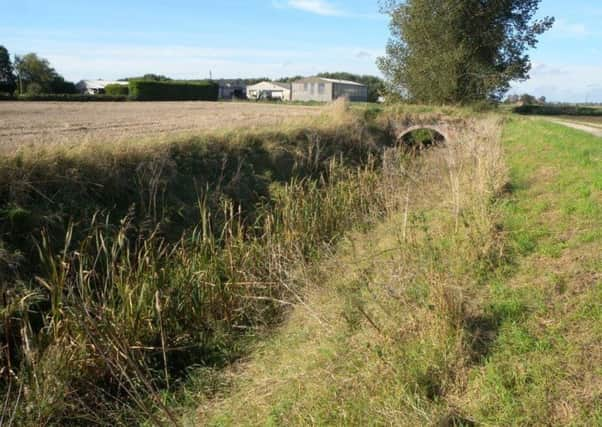Electricity link sparks concerns


Viking Link is a proposed high voltage electricity supply connecting the national grid systems of Denmark and Great Britain and will run between Bicker Fen, in Lincolnshire, and Revsing, Southern Jutland in Denmark.
It is a joint project between National Grid Viking Link and Energinet.dk of Denmark.
Advertisement
Advertisement
The interconnector is predicted to help provide the UK with a secure supply of affordable electricity and “help the move towards more renewable and low carbon sources of energy”.
Matt Mountain, a farmer from Great Hale Fen, has concerns about the preferred route announced in December that the cable will take from the coast to the grid connector at Bicker Fen. A converter station will be nearby at North Ing Drove, Donington.
The project company had a choice of going east through Bicker but opted for a western route through Great Hale Fen and Little Hale Fen.
But Mr Mountain claims this takes the cable through an area of Local Wildlife Status (LWS) sites recognised by the Greater Lincolnshire Nature Partnership, whereas there is not one such site in the east corridor.
Advertisement
Advertisement
He said: “They have decided to push all this construction/pollution into the Local Wildlife Status area in Great Hale Fen. There are over 18km of LWS designated sites in this 2km catchment area alone.”
Mr Mountain has a Landscape and Nature Conservation Enhancement Plan and commissioned a water vole survey of the protected creatures using the water courses.
Mr Mountain said: “We appreciate that the project plans to utilise ‘trenchless techniques’ to mitigate the impact on drains but the actual wider environmental credentials of this specific area will be severely affected.”
Oliver Wood, National Grid Viking Link Project Director, said: “The western route corridor was chosen as the preferred option after careful consideration of all the feedback we received during the public consultation between September and October last year, along with the results of numerous environmental and technical assessments. We believe this proposal is best placed to balance potential impacts on the environment and local communities. An Environmental Impact Assessment of our proposals will be included in our planning application.”
He said they would continue to work with local communities, land owners and local authorities to minimise any potential impact.